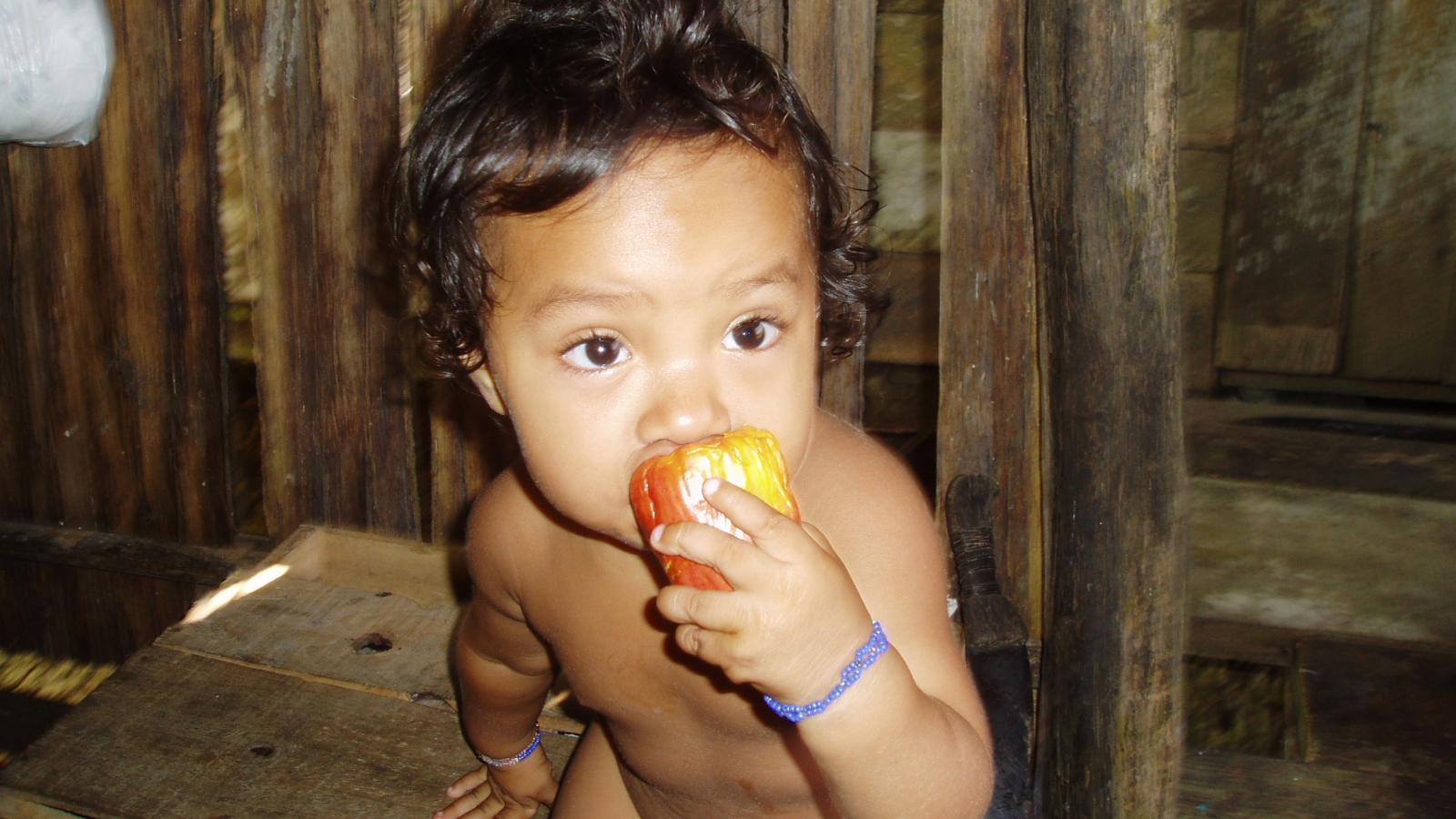Medical Anthropology
What is Medical Anthropology?
Medical Anthropology is a subfield of anthropology that draws upon biological and sociocultural anthropology to understand human health and well-being.
What makes medical anthropology unique is that it considers how human evolutionary history combines with people’s current cultural, economic and political context to shape their health.
Medical anthropologists work in universities, hospitals and clinics, in public health and for national and international health agencies, as well as non-governmental organizations (NGOs) focused on health.
Medical Anthropologists:
- Examine how health and illness are shaped, experienced, and understood across cultures and in light of global, historical, and political forces
- Seek to identify the factors that explain the distribution of disease within and across human societies
- Investigate people’s illness experiences and explain how these experiences shape the lives of individuals, families and communities
- Help understand people’s healthcare seeking behaviors including their concurrent use of multiple medical systems within a single society such as the use of biomedicine and Chinese medicine in treating chronic pain
- Apply their skills to improve healing by helping patients and their healers (doctors) better communicate
Who should study Medical Anthropology?
If you are interested in developing the skills to tackle some of our most pressing national and global health challenges, then a degree in medical anthropology may be an ideal choice for you.
The B.A. in Medical Anthropology is ideal for those interested in
- Graduate study in anthropology, public health, health policy, or other social sciences with a health focus.
- Joining the Peace Corps.
- Participating in AmeriCorps.
- Working for U.S. and International NGOs.
The B.S. in Medical Anthropology is ideal for those interested in
- Medical school.
- Nursing school.
- Midwifery.
- Social work.
- Working in the field of public health at the city, state or national level.
- Working for International health agencies such as the World Health Organization.
- Graduate study in anthropology, public health, health policy, or other social sciences with a health focus.
Get Involved!
Anthropology faculty and graduate students are actively involved in conducting medical anthropology research and welcome the involvement of undergraduate students in these endeavors.
- Investigate how cultural ideals regarding child development shape exposure to pathogens and the formation of the gut microbiome.
- Understand the ways food insecurity affects the physical and mental health of populations in the USA and around the world, including among students on the OSU campus.
- Explore how senescence and frailty vary across human populations and the role cultural change and stress play in this process
- Understand the factors that shape migrant and refugee health in the USA.
- Explore the sociocultural factors that influence mother-infant sleep patterns and their relationship with current public health campaigns on safe sleep.
Learn More!
In these videos, Dr. Piperata explains various aspects of medical anthropology.
Contact information
If you want to learn more about or declare a major in Medical Anthropology, the following people can help:
Anthropology Adviser
Dr. Barbara Piperata
Associate Professor of Anthropology
Dr. Debbie Guatelli-Steinberg
Chair, Undergraduate Studies and Professor of Anthropology


